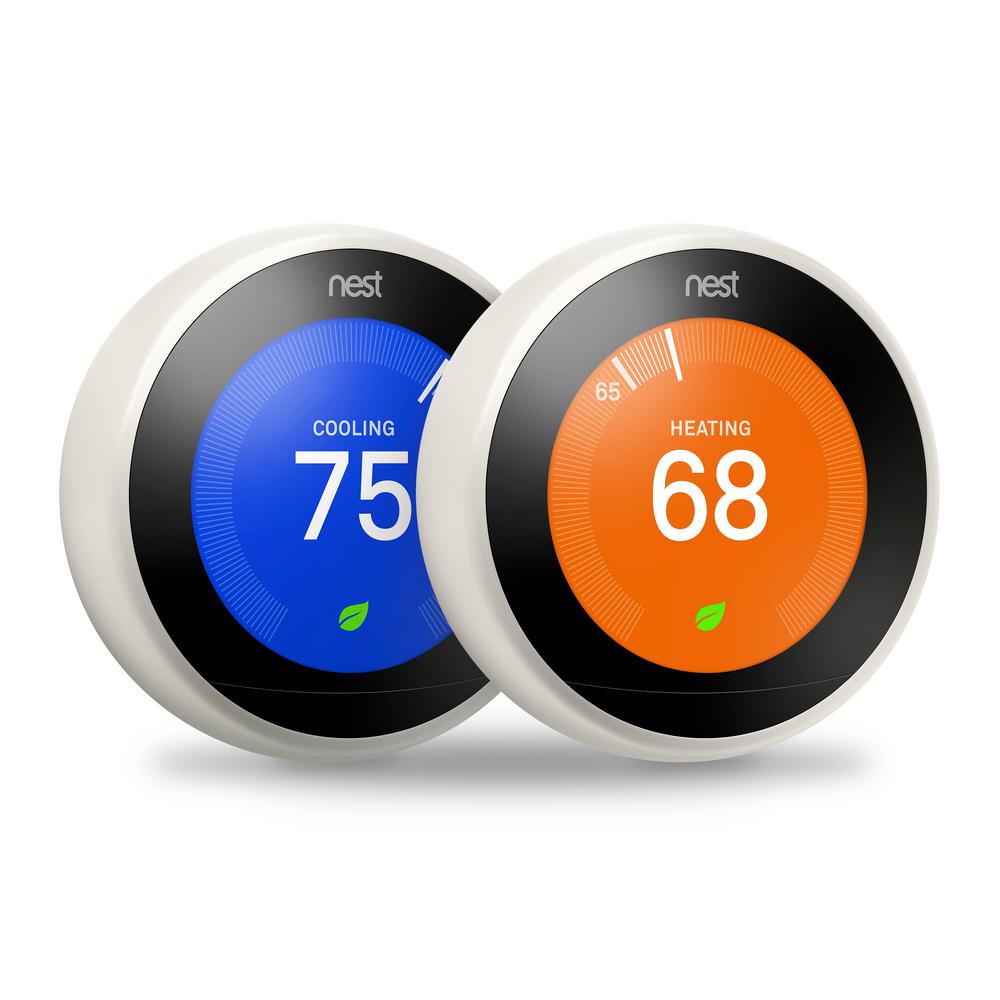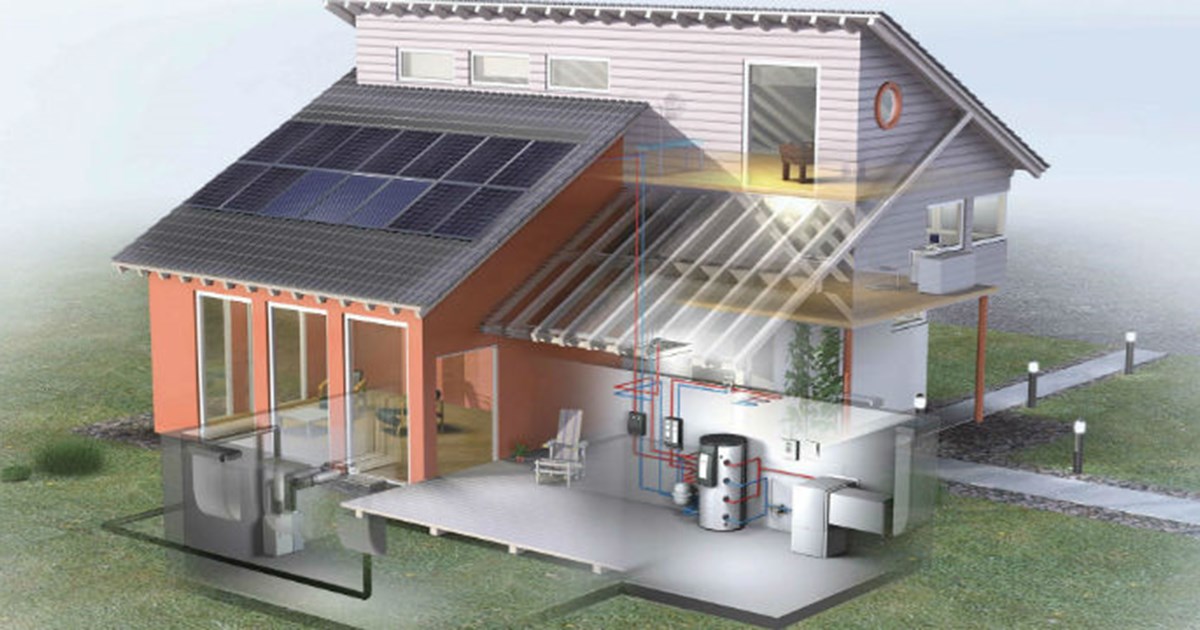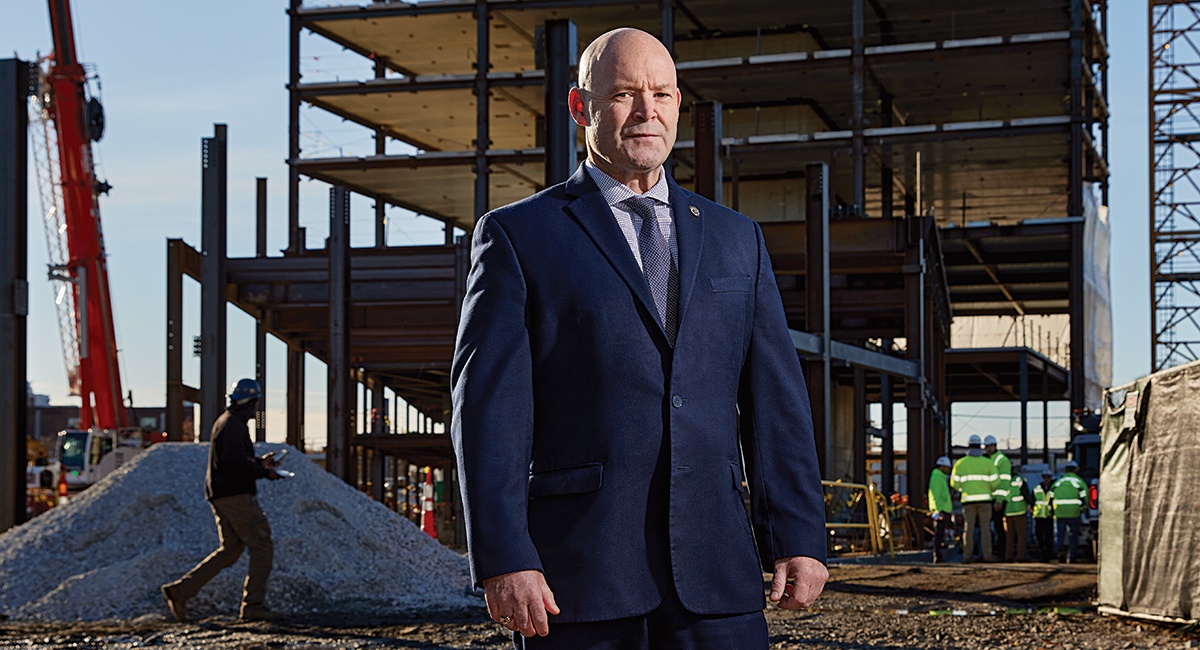
If you are not already aware, by 2030 you will be required to have a Ground Pump Heating system installed in your property, like it or not, as Gas Boilers (the most efficient way of heating your home) will be then illegal.
What are ground Pumps, and do they work?
Ground pumps, also known as geothermal heat pumps, are a type of heating and cooling system that utilizes the ground or water as a heat source or sink. While ground pumps have several advantages, they also have several drawbacks that can make them less suitable for certain situations.
One of the main drawbacks of ground pumps is their upfront cost. These systems typically require a significant investment in both equipment and installation, as they involve the installation of a network of underground pipes or the drilling of a well.. A 6-8 kW horizontal ground source heat pump system usually costs around £12,000 to £15,500 to install. A larger 12kW horizontal ground source heat pump system would cost around £24,000 to install. This can make ground pumps more expensive than other types of heating systems, such as furnaces or boilers.

Ground pumps also require a large amount of space for installation. The underground pipes or well must be installed on the property, which can be disruptive and may not be feasible for smaller properties or properties with limited outdoor space. In addition, the underground pipes or well may interfere with the landscaping or other features of the property.

Ground pumps are also dependent on the quality and availability of the underground water or soil. In areas with poor quality water or soil, the system may not be as effective at heating or cooling the home. In addition, if the water or soil temperature is too low or too high, the system may not function properly. This can be a concern in certain climates where the ground temperature may be too extreme for the system to operate efficiently.
Another potential issue with ground pumps is their maintenance and repair needs. These systems can be complex and may require specialized knowledge and equipment to maintain and repair. In addition, the underground pipes or well may be prone to damage or leaks, which can be costly to repair.
Ground pumps are also less efficient than some other types of heating systems. While they can be more energy efficient than systems that rely on fossil fuels, they may not be as efficient as other types of electric heating systems. This can result in higher energy bills for homeowners.

Overall, ground pumps have several advantages, including their ability to provide both heating and cooling, their energy efficiency, and their reduced reliance on fossil fuels. However, their upfront cost, space requirements, dependence on soil and water quality, maintenance and repair needs, and potential for lower efficiency can make them less suitable for certain situations. It is important for homeowners to carefully consider their options and consult with a heating and cooling professional before deciding on a ground pump as their heating system.
Another potential issue with ground pumps is their impact on the environment. These systems rely on the extraction of heat from the ground or water, which can have negative impacts on the surrounding ecosystem. For example, the drilling of a well can disrupt the soil and water table, and the extraction of heat from the ground can affect the temperature and composition of the soil. In addition, ground pumps may produce emissions, such as those from refrigerants, which can contribute to air pollution.
Ground pumps also require a steady and reliable power source to operate. In areas with frequent power outages or unstable power grids, ground pumps may not be a reliable heating option.
It is also important to note that ground pumps may not be suitable for all types of homes. These systems are typically most effective in homes with good insulation and airtight construction, as they rely on the transfer of heat rather than the generation of heat. Homes with poor insulation or air leakage may not be able to benefit from the energy efficiency of a ground pump.

In summary, ground pumps have several drawbacks that homeowners should carefully consider before choosing this type of heating system. These drawbacks include the upfront cost, space requirements, dependence on soil and water quality, maintenance and repair needs, potential for lower efficiency, impact on the environment, and power requirements. While ground pumps can be an effective and energy-efficient option in certain situations, they may not be the best choice for all homeowners.
Update
Air source pumps, also known as air-to-water heat pumps, are a type of heating and cooling system that utilizes the air as a heat source or sink. These systems work by using a refrigerant to transfer heat from the air to a fluid, which is then used to heat the home. Air source pumps can be used for both heating and cooling, and are often more energy efficient than other types of heating systems, such as furnaces or boilers.
One of the main advantages of air source pumps is their energy efficiency. These systems can be up to 300% efficient, meaning that for every unit of electricity used, they can produce up to three units of heat. This can result in significant energy savings for homeowners, especially in climates with moderate temperatures.
Air source pumps are also relatively easy to install and maintain. They do not require the installation of underground pipes or the drilling of a well, and can be installed on the exterior of the home. These systems typically have a lifespan of 15-20 years, and require minimal maintenance beyond occasional cleaning and replacement of filters.
However, air source pumps do have some drawbacks. One of the main limitations of these systems is their performance in extreme temperatures. Air source pumps are less efficient in very cold or very hot temperatures, and may not be able to provide sufficient heating or cooling in these conditions. In addition, air source pumps may be less effective in homes with poor insulation or air leakage, as they rely on the transfer of heat rather than the generation of heat.
Air source pumps may also produce noise when operating, which can be a concern for some homeowners. In addition, these systems may be less efficient than ground pumps in certain climates, as the ground or water may be a more consistent heat source or sink.
Overall, air source pumps can be an effective and energy-efficient option for homeowners in certain climates and situations. However, it is important to carefully consider the specific needs and requirements of the home and consult with a heating and cooling professional before deciding on an air source pump as the heating system.
Here are a few additional potential drawbacks to consider when evaluating air source pumps as a heating system:
- Upfront cost: While air source pumps can be more affordable to install than ground pumps, they may still require a significant upfront investment in equipment and installation.
- Dependence on external conditions: Air source pumps rely on the temperature and humidity of the external air to function properly. In areas with extreme or fluctuating weather conditions, these systems may not be as effective at heating or cooling the home.
- Refrigerant concerns: Air source pumps use a refrigerant to transfer heat from the air to the fluid that heats the home. Some refrigerants, such as chlorofluorocarbons (CFCs), have been found to deplete the ozone layer and contribute to climate change. While newer refrigerants, such as hydrofluorocarbons (HFCs), are less harmful to the environment, they can still have a negative impact if they are released into the atmosphere.
- Power requirements: Air source pumps require a steady and reliable power source in order to operate. In areas with frequent power outages or unstable power grids, these systems may not be a reliable heating option.
- Compatibility with existing systems: Air source pumps may not be compatible with certain types of existing heating systems or home construction, such as older homes with radiators or homes with limited outdoor space for installation.
It is important to carefully consider all of these potential drawbacks when evaluating air source pumps as a heating system for your home. It may also be helpful to consult with a heating and cooling professional to determine the most suitable and cost-effective option for your specific needs and circumstances.
Views: 4



































